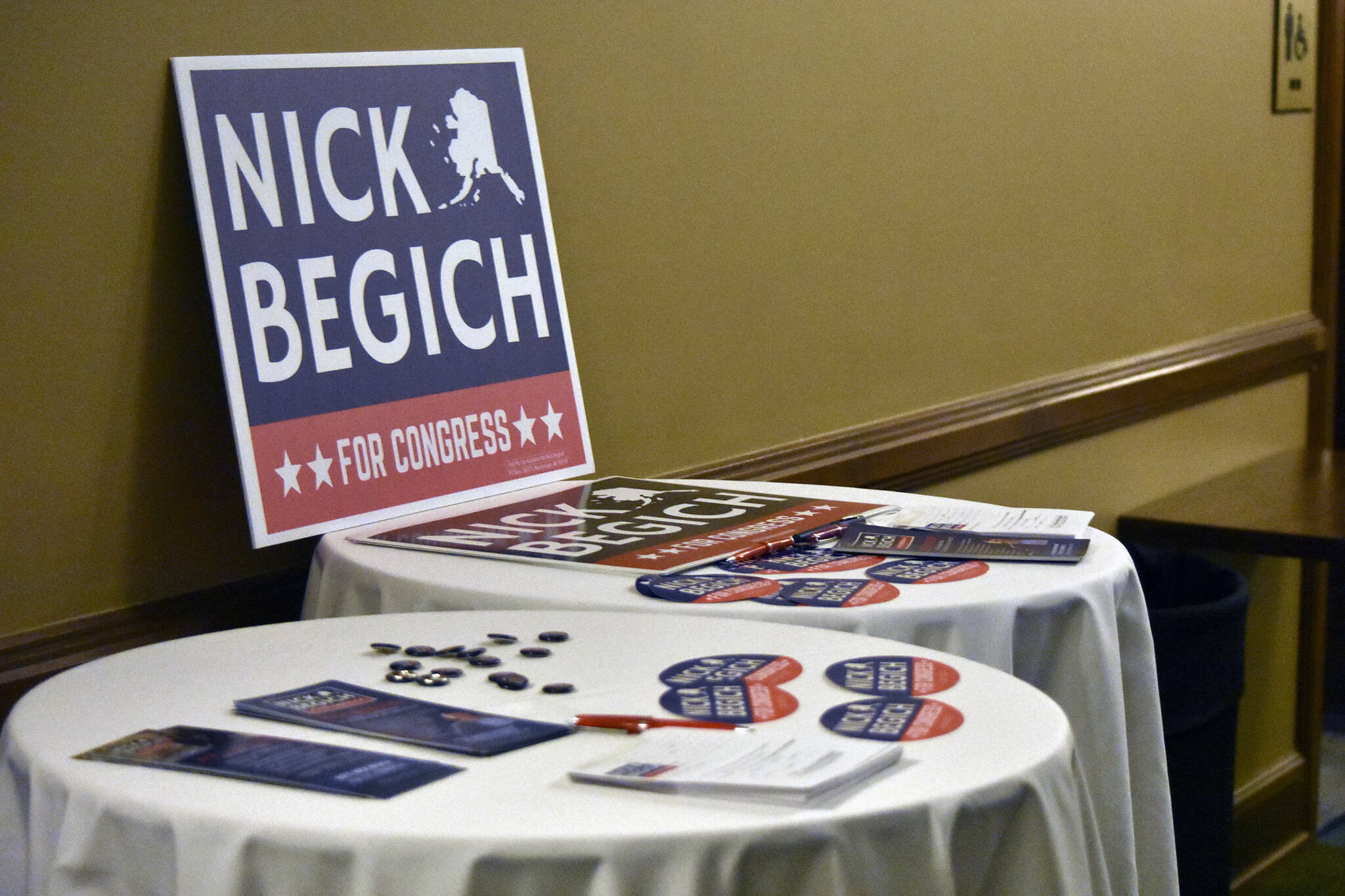Nick Begich built a business in Alaska; that’s a good thing. It brings significant benefits to our state, including tax revenue, employment, infrastructure and long-term stability for Alaskans.
An immediate benefit is increased tax revenue. Even if some workers are located elsewhere, think NANA or CIRI, corporations pay state taxes. Alaska generates revenue from corporate income taxes, payroll taxes and fees. Headquarters in our state captures taxes on profits, and property, for local employees. There are Alaska businesses that pay higher rates to the State of Alaska than Seattle residents pay in sales tax — Washington having the highest state sales tax rate in the country.
Headquarters in Alaska creates local jobs. Positions in management, administration, finance, marketing and operations can be staffed by residents at a higher pay scale than workers in other countries. This provides direct employment opportunities and helps stimulate the local economy. Employees will spend wages on housing, goods, services and taxes in Alaska, creating a multiplier effect throughout the economy.
Historically, we face challenges with talent retention across all industries. An international business centered in the state helps attract and retain skilled professionals who otherwise leave for more economically dynamic regions. Nick’s business brings visibility and opportunities helping to reverse this trend. A more diverse, knowledge-based workforce will also stimulate growth in other sectors.
Business presence often leads to improvements in infrastructure, transportation, communication and energy resources. The state and local municipalities may invest in roads, broadband, fiber and critical infrastructure to accommodate the needs of a global business. This development benefits not only the business but also the local population. To support a global footprint Alaskans could end up with internet as fast as the Lower 48.
Alaska’s economy has long been heavily dependent on three industries: energy, fishing and government. This reliance on extractive industries makes the state vulnerable to fluctuations in commodity prices and environmental changes. Attracting business from another sector diversifies our economy and reduces dependence. Diversification is essential for long-term economic stability. We would no longer depend on a three-legged stool economy.
Mr. Begich’s business creates a global market bridge. It provides opportunities for Alaskans to engage in global supply chains or benefit from international trade connections. Moreover, it enhances Alaska’s visibility on the world stage, attracting other businesses to invest or expand in Alaska.
Nick’s business invests in community development, education or environmental projects. I was pleased to see Nick’s investment in my old stomping grounds in East Anchorage. This local investment fosters goodwill and strengthens the relationship between business and community, leading to a robust and supportive environment.
A business in Alaska offers economic benefits to the state, including tax revenue, job creation, infrastructure, diversification and it strengthens global connections. We want business investments for economic stability and growth. For these reasons, it is good for Alaska that Nick Begich based his business in Alaska.
Thomas R. Daly is a businessman who has served as president of the Rotary Club of Kenai and president of the board of the Kenai Peninsula Economic Development District.

